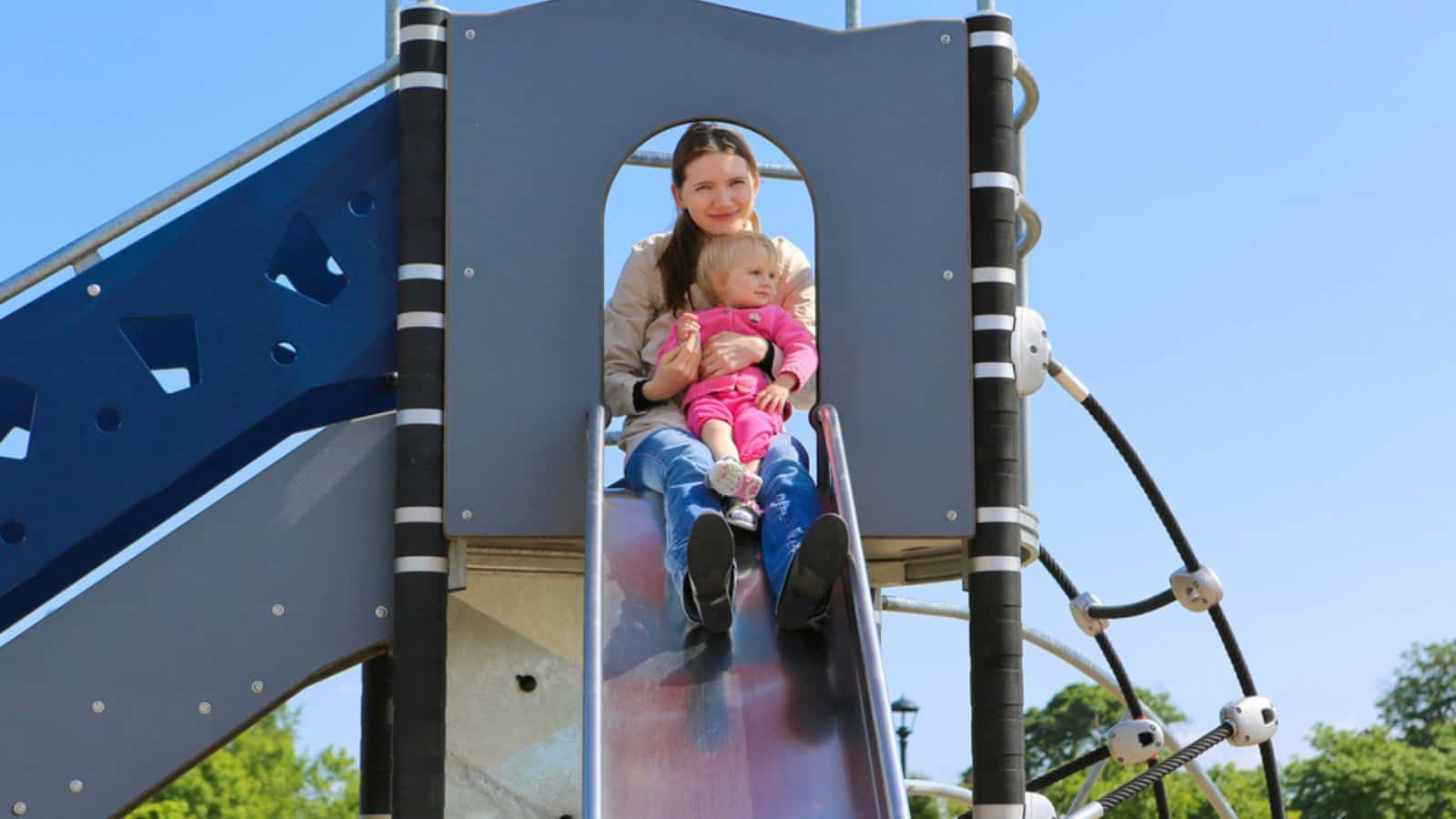Support Your Child’s Early Language Development With These 10 Tips

Language development is crucial for preschool children as it lays the foundation for communication and literacy skills. Here are some effective tips to support and enhance language development in preschool-aged children:
Read Aloud Daily

Reading aloud to preschool children exposes them to a rich variety of vocabulary and helps develop their listening and comprehension skills. Choose age-appropriate books with engaging stories and colorful illustrations to capture their interest. Encourage interactive reading by asking open-ended questions and discussing the story together to promote language and cognitive development.
Engage in Conversations

Engage in meaningful conversations with your preschooler throughout the day. Encourage them to express their thoughts, feelings, and experiences, and actively listen and respond to their ideas. Engaging in conversations helps expand their vocabulary, improve their communication skills, and fosters a deeper understanding of language and social interactions.
Provide Language-Rich Environment

Create a language-rich environment at home by labeling objects, using descriptive language, and incorporating rich vocabulary into everyday interactions. Point out and discuss items during daily activities, such as cooking, grocery shopping, or playing, to introduce new words and concepts. A language-rich environment stimulates language development and encourages children to express themselves more effectively.
Encourage Storytelling and Imaginative Play

Encourage preschool children to engage in storytelling and imaginative play to foster creativity and language skills. Provide props, dress-up clothes, and storytelling prompts to inspire their imagination and encourage them to create their own narratives. Storytelling and imaginative play help children develop narrative skills, expand their vocabulary, and improve their ability to express ideas and emotions.
Sing and Rhyme Together

Sing songs and recite nursery rhymes with your preschooler to enhance their language development. Music and rhymes help children recognize patterns in language, improve memory retention, and develop phonological awareness. Encouraging singing and rhyming activities can also make language learning enjoyable and engaging for young children.
Introduce Multilingual Experiences

If relevant to your family, introduce multilingual experiences to expose preschool children to different languages. Incorporate songs, books, and simple phrases in additional languages to provide exposure and promote language diversity. Multilingual experiences can enhance cognitive flexibility, cultural awareness, and lay the groundwork for learning multiple languages in the future.
Foster a Love for Writing and Drawing

Encourage preschool children to engage in writing and drawing activities to develop their fine motor skills and express their ideas. Provide various writing materials, such as crayons, markers, and chalk, and encourage them to create and illustrate their stories. Engaging in writing and drawing activities helps children develop pre-writing skills, express creativity, and strengthens their ability to communicate visually and verbally.
Provide Access to Educational Media

Offer access to age-appropriate educational media, such as educational TV programs, apps, and interactive games, to support language development. Select high-quality, educational content that introduces new vocabulary, promotes storytelling, and encourages active participation. When used in moderation and alongside adult interaction, educational media can complement language learning and provide additional exposure to language-rich experiences.
Engage in Language-Enriching Activities

Participate in language-enriching activities, such as visits to the library, attending storytelling events, and exploring nature to expand your preschooler’s language skills. Visiting the library exposes children to a wide range of books and storytelling opportunities, while outdoor activities provide opportunities to describe the environment and engage in language-rich discussions. These experiences contribute to a well-rounded language development.
Model Effective Communication

Model effective communication by speaking clearly, using correct grammar, and demonstrating active listening. Encourage turn-taking during conversations and provide positive reinforcement for effective communication. Modeling language and communication skills sets a strong example for preschool children and helps them learn how to express themselves effectively and understand the nuances of language.
8 Ways A Strong Family Unit Can Help In Your Child’s Development

As parents, we all want to provide the best possible environment for our children to grow and thrive. One of the most important factors in a child’s development is a strong family unit. A strong family unit can provide children with a sense of security, love, and support that can help them navigate the challenges of childhood and adolescence. Here are some ways a strong family unit can help in your child’s development:
8 Ways A Strong Family Unit Can Help In Your Child’s Development
15 Values You Need To Teach Your Young Child

As a parent, one of your most important roles is to teach your child values that will help them grow into kind, responsible, and compassionate adults. While there are many values that are important to teach, some are particularly crucial in the early years. Here are some values you need to teach your young child.
15 Values You Need To Teach Your Young Child
15 Reasons Why You Should Raise Your Child With Religion

These days, the cool thing to do is to forego religion and embrace atheism. But did you know there are many benefits to raising your child with religion?
15 Reasons Why You Should Raise Your Child With Religion
5 Impractical Things Parents Continue to Do Despite the Struggle

Being a parent is not an easy job, and sometimes we do things that are impractical just to make our kids happy. Here are five things parents continue to do despite the struggle.
5 Impractical Things Parents Continue to Do Despite the Struggle
10 Parenting Tips from the 90’s That Are Now Considered Taboo

The 90s were a time of great change in the world of parenting. Many of the parenting tips and techniques that were popular at the time are no longer followed by new parents today. Here are 10 parenting tips from the 90s that new parents no longer follow.
10 Parenting Tips from the 90’s That Are Now Considered Taboo






